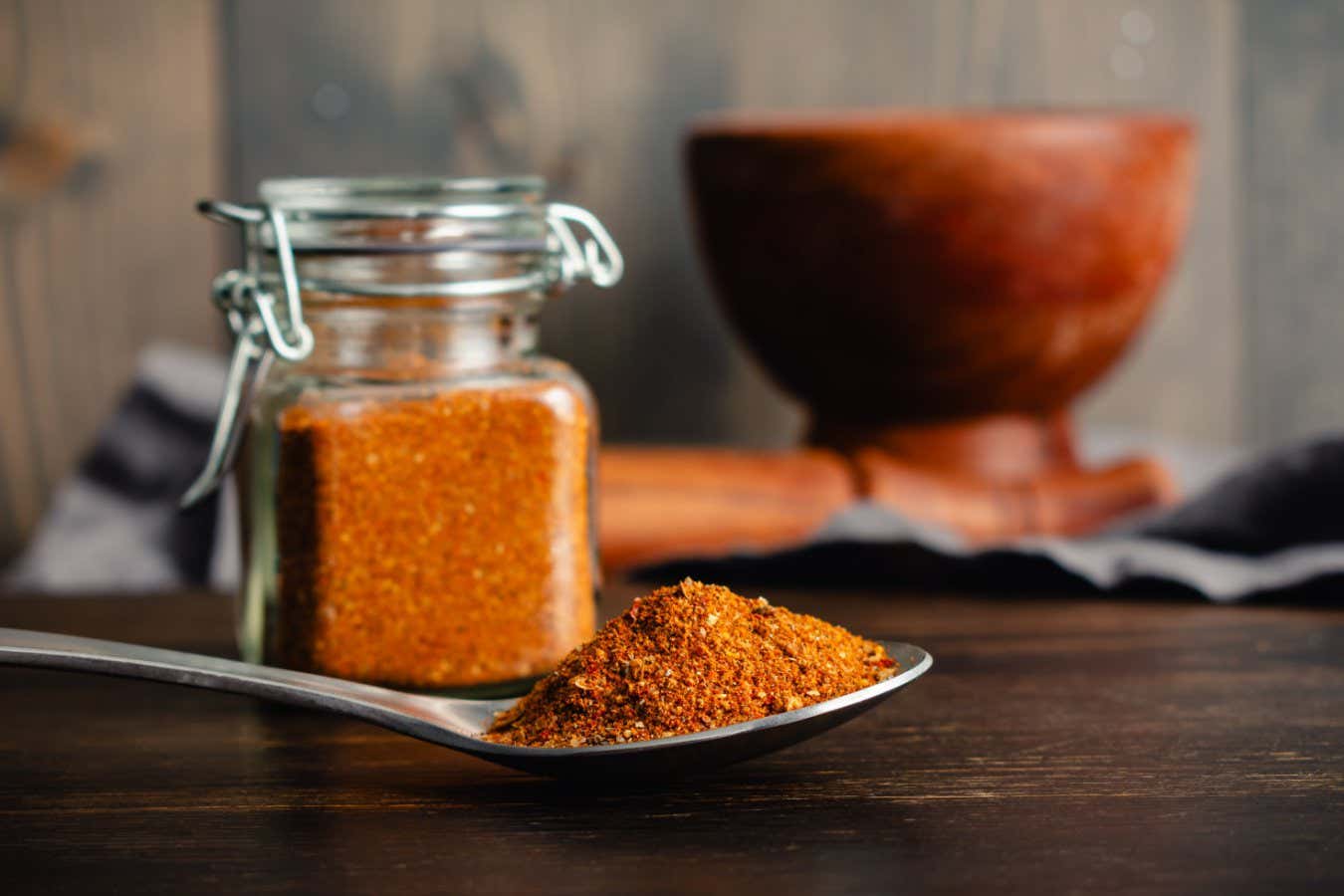

Shutterstock/Candice Bell
If you’ve ever stepped outside to find your newly planted flowerbeds dug up or your vegetable patch ravaged, you will know my pain. From curious foxes to marauding squirrels, the destruction wrought by garden mammals on lovingly nurtured plants can be enough to test the patience of even the most mild-mannered gardener.
Hence why garden centres are packed with everything from ultrasonic devices triggered by motion sensors to creepy steel traps and even packets of dried lion droppings, all in an effort to protect your precious plants. But what if there were a cheaper, easier, kinder option that might already be on your spice rack: chilli powder. Is this popular garden remedy too good to be true?
The idea is simple – garden mammals react to capsaicin, the spicy chemical in chillies, in the same way as humans. When it binds to receptors in their mouths and skin, it causes that familiar spicy sensation that encourages them to avoid treated areas.
You might wonder why chilli plants would produce colourful, eye-catching fruit, packed with aroma compounds, only to lace them with this unpalatable molecule. Well, it’s because birds don’t have these receptors, so they are immune to capsaicin’s effects. Researchers believe chilli plants evolved the ability to produce capsaicin as a selective deterrent, discouraging mammals – which destroy chilli seeds during digestion – while having no effect on birds, which spread seeds intact.
Capsaicin is so effective at this task that it has been added to birdseed to prevent it from being eaten by squirrels. It is also used to prevent rats and mice from eating poultry feed and has been effective in preventing rodents eating wildflower seeds and destroying nests of rare ground-nesting birds.
When it comes to larger mammals like deer and badgers, the results are less clear. A 2005 UK field trial found that while European badgers preferred bait without capsaicin, it didn’t stop them entirely. Nor did they learn to avoid it over time, unlike other deterrents. That is unsurprising, given badgers are known to dig up and eat wasp and ant nests, so a bit of chilli isn’t that off-putting.
Now for the nuance. What makes these trials tricky to compare is that they use different forms of capsaicin: neat chilli powder, chemical coatings or purified extracts. Also, while capsaicin isn’t water soluble, meaning it won’t be easily washed away by rain, it biodegrades quickly, so multiple applications are necessary, especially as tolerance of its effects can increase through repeated exposure.
The bottom line? Chilli powder is a safe, natural, affordable way to deter mammals from your garden. Use the hottest type you can find, rotate its use to avoid habituation and apply only where needed. Then keep the rest for your kitchen!
James Wong is a botanist and science writer, with a particular interest in food crops, conservation and the environment. Trained at the Royal Botanic Gardens, Kew, in London, he shares his tiny flat with more than 500 houseplants. You can follow him on X and Instagram @botanygeek
These articles are posted each week at
newscientist.com/maker



